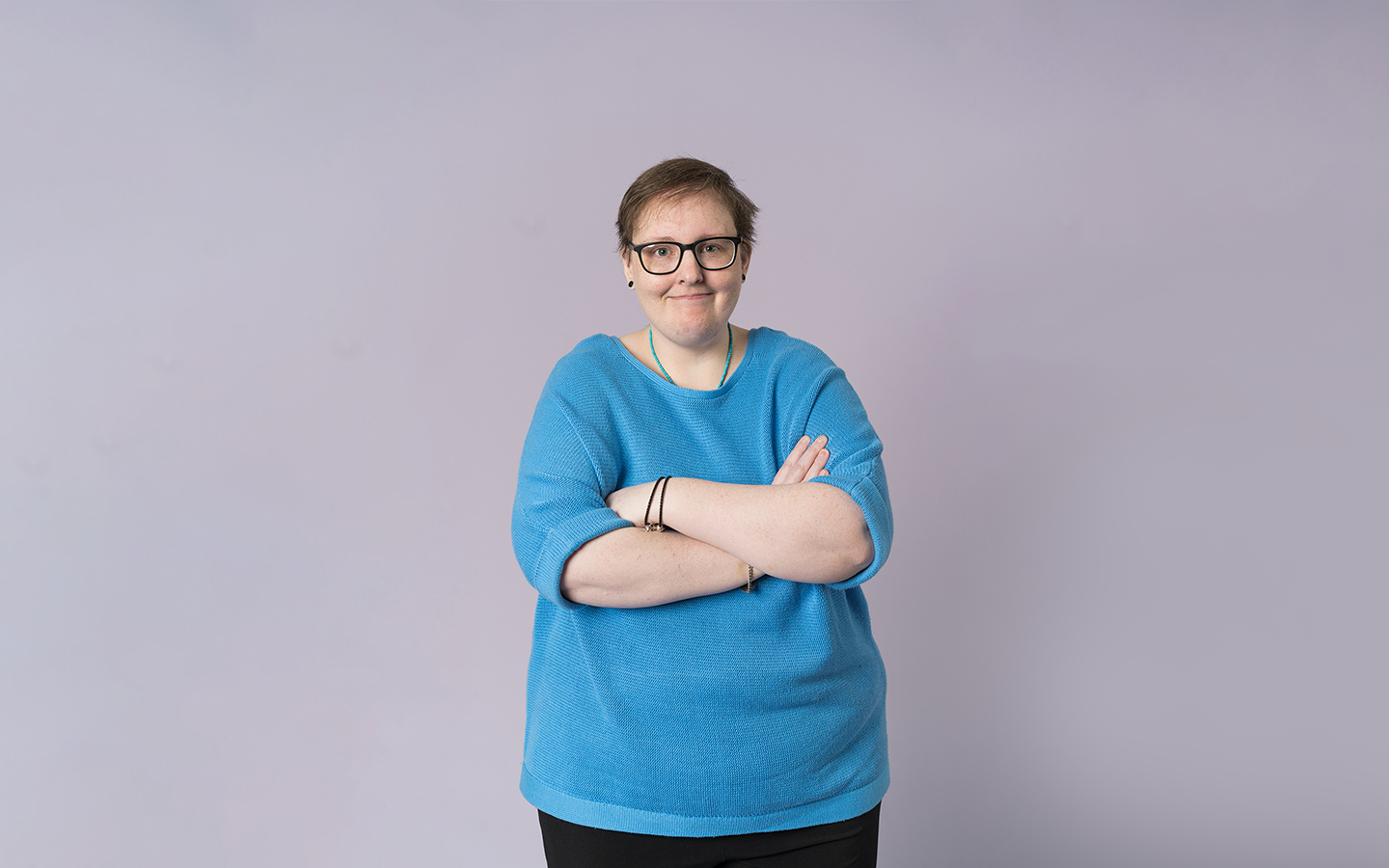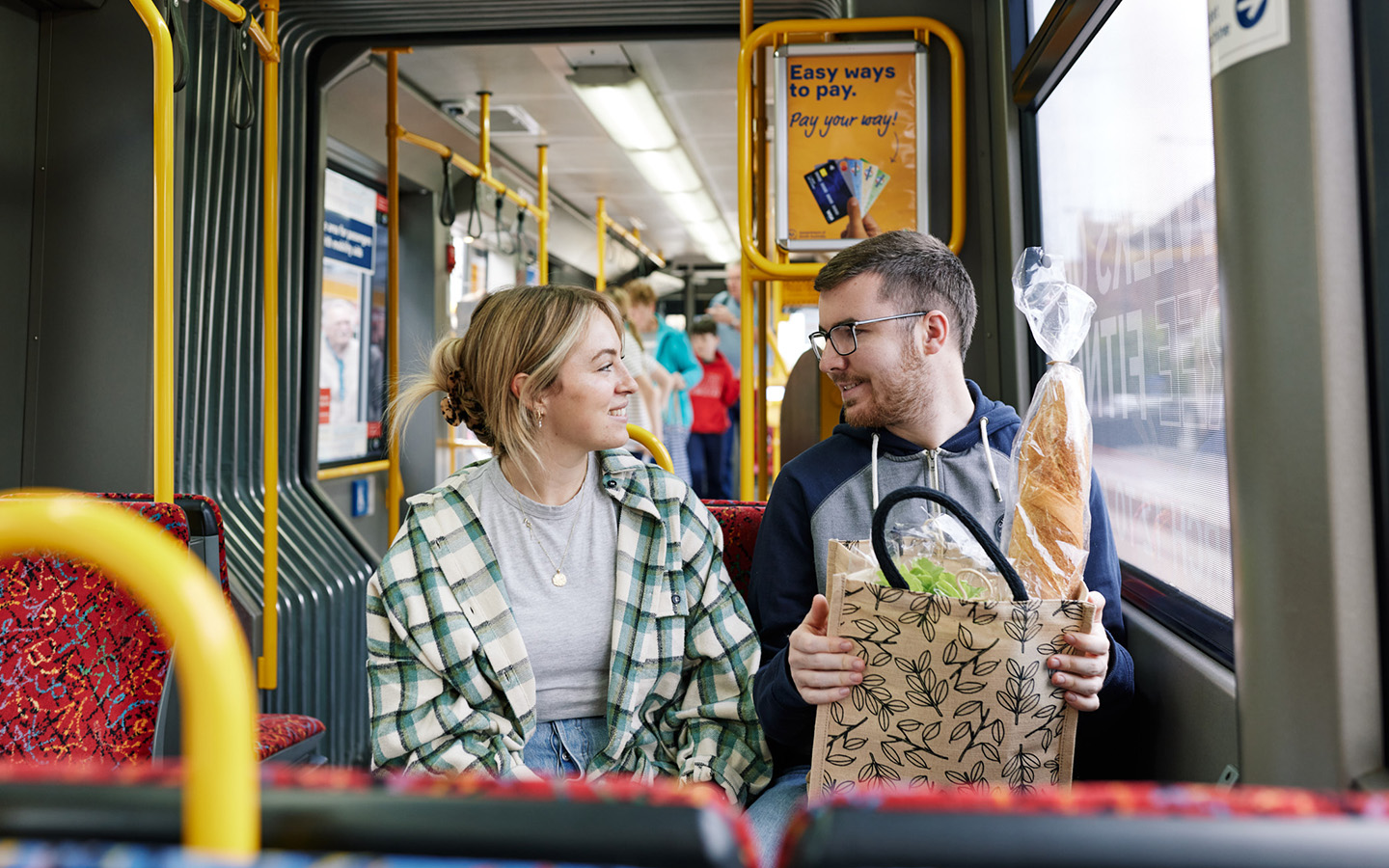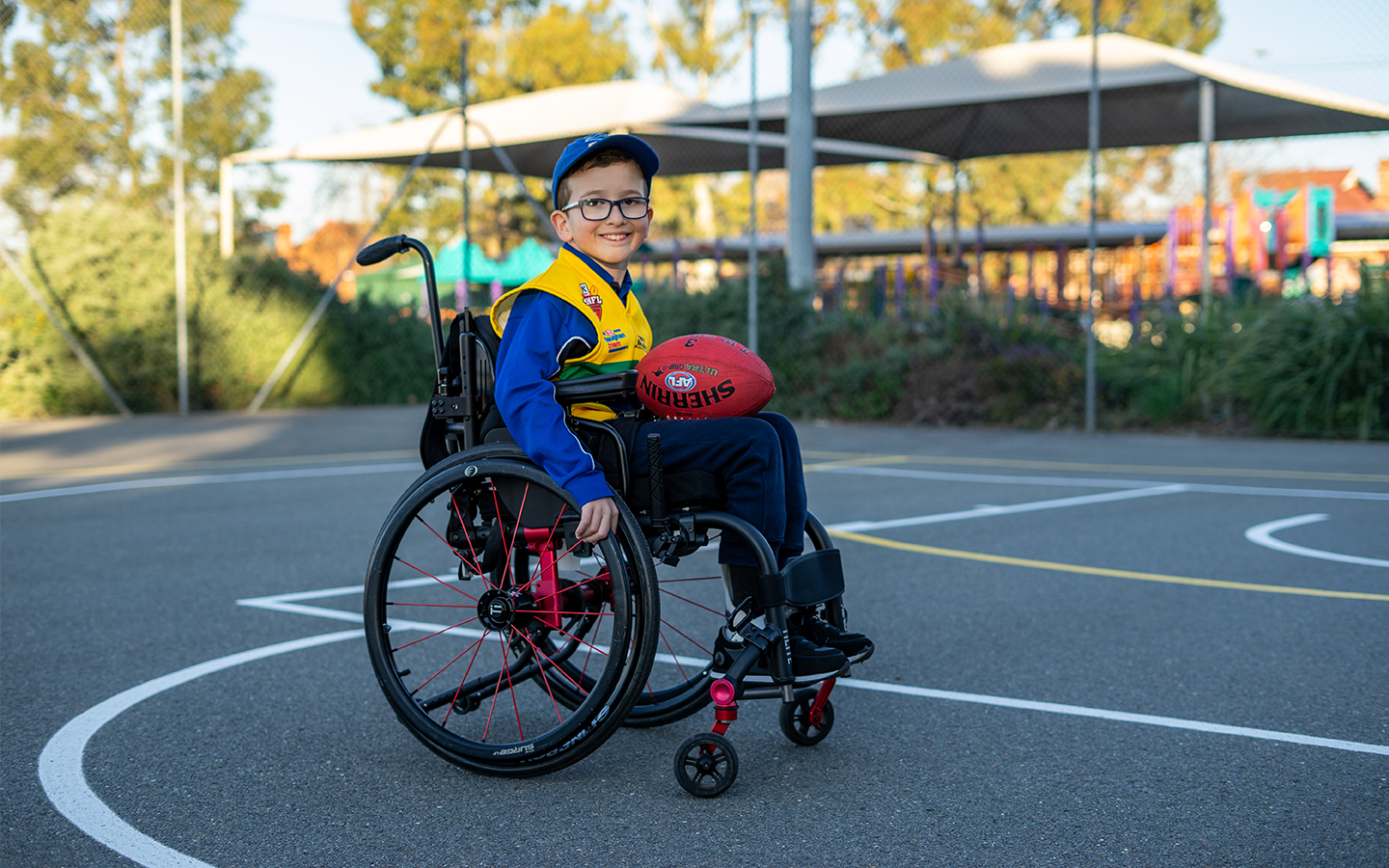Helpful Information
Give it a go: going out when you live with disability
access_time4min read

Going out for a meal, or to go shopping, or to catch the latest movie can deliver an important sense of normality for people living with disability – as much as it does for people who don’t live with disability.
Heading to the pub for a beer with your mates or going to the local shopping centre can be daunting if you rely on a wheelchair for your mobility. There are several important issues to think about before you leave home, including accessibility and what to do if you need support.
Going out and socialising is a regular topic of conversation for Novita’s therapists when they talk with you and your family about independently living. Occupational therapist Louise Ganser says having a sense of normality and community is critical for people living with disability who have a goal of living independently.
“I think everyone – whether they live with disability or not – needs to have that sense of community and belonging. And just because you live with disability doesn’t mean that you should limit yourself and limit your goals in life,” says Louise.
“Occupational therapists are always thinking about how you can achieve your goals, and how best we can support you to do so. Much of the time we work with you to problem solve, and in many cases it’s you and your family who come up with the best solutions.
“When it comes to going out and enjoying yourself, the sky’s the limit. But living with disability does mean that it takes a little more planning to make sure you feel comfortable and have a great time,” she says.
If you live with disability, especially if you rely on a wheelchair for mobility, Louise has some great planning tips to help make sure you have fun when you go out:
Contact the venue before you go – if you’re going to an event, or a venue such as the Festival Theatre, or to the movies, call the venue and ask about accessibility. Venues are very helpful about access needs and bookings. Many venues will also have this information on their websites. The Adelaide City Council also has some great advice and tips about accessibility, and many other Councils would have similar information available for you.
Take someone with you – someone that you’re really comfortable with, such as a family member, a close friend or a carer so that you reduce your chances of getting into a sticky situation – they can support you if needed.
Visit a venue a couple of times to build your confidence – if you’ve found a bar or a restaurant or a cinema that has great access and you feel comfortable there, going back again will help to build your confidence. The more you visit the same venue, the more you’ll learn about where the car parks are or where the closest bus stop is, and the more comfortable you will feel – even without a support person with you.
Have a ‘Plan B’ – the best planning can sometimes go wrong, so having a Plan B in place before you go out will add an extra level of assurance and security for you. Your Plan B might be as simple as making sure a family member knows where you’re going and what you’re up to, so they can provide support if needed. Having a plan for what to do in an emergency situation, or being aware of any anxiety triggers you might have and knowing what to do about them, can be an important part of your Plan B.
Talk to your therapists – your therapists, especially your occupational therapists, are great people to have a conversation with about having a social life as part of your goal of living independently. They can even join you for community outings so you can work together to find solutions for any problems or issues that might come up.
Give it a go! – just because you live with a disability doesn’t mean that you should limit yourself and limit your life goals.


